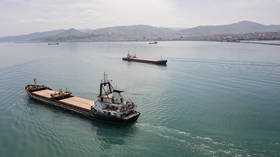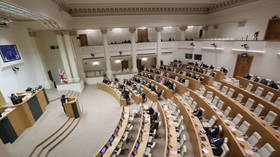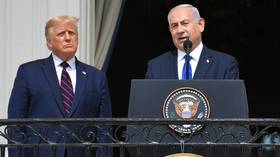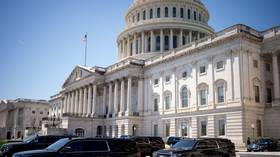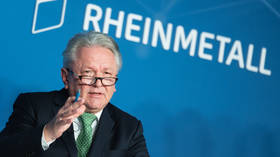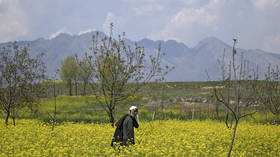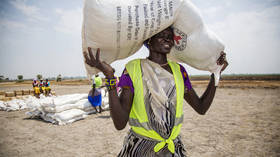West ‘must keep promises’ on grain deal – Erdogan
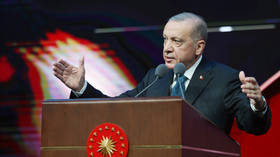
Ankara is seeking to restore the grain deal and “expand” its scope, Turkish President Recep Tayyip Erdogan said on Tuesday. The agreement, which is also known as the Black Sea Initiative, could have become the basis for a truce or even peace between Moscow and Kiev, had the US and its allies demonstrated more will for that, he added.
Conversations to restart the initiative “with an expanded scope” are already underway, Erdogan said, following last week’s phone call with Russian President Vladimir Putin. “We had another chance to learn firsthand Russia’s demands and expectations during a phone call,” the Turkish leader said, adding that Moscow and Ankara share a “sensitivity” on the need to supply grain to African nations.
The fate of the deal still very much depends on Western nations “fulfilling their promises,” Erdogan maintained. “Unfortunately, in the previous period, the principle of loyalty wasn’t observed. No diplomatic steps were taken to turn the positive atmosphere created by the Black Sea initiative into a cease-fire and then permanent peace,” he added.
The grain deal between Moscow and Kiev facilitating Ukrainian grain exports through the Black Sea was mediated by the UN and Türkiye in the summer of 2022. The deal was initially touted as a humanitarian initiative aimed at helping the poorest nations avoid a food crisis. Moscow then repeatedly warned that the agreement had de-facto been “commercialized” by the West, as it was reaping profits from cheap Ukrainian food exports.
Russia has continuously insisted that only a tiny percentage of the grain exported from Ukraine as part of the agreement was shipped to nations in need, while the bulk of it ended up in Europe. Putin has also referenced the UN’s inability to persuade Western nations to lift economic sanctions on Russian food and fertilizer exports, which was part of the deal.
In mid-July, Moscow refused to renew the Black Sea Grain Initiative, demanding promises made to Russia be fulfilled. It outlined the terms of resuming the deal, which included reconnecting its major agriculture lender – Rosselkhozbank – to SWIFT, restarting a key ammonia pipeline, permitting imports of agricultural machinery and parts, and unblocking transportation insurance and other logistics.
Last week, Ankara said it would attempt to reinstate the deal and would not support any alternatives to the Black Sea corridor.
